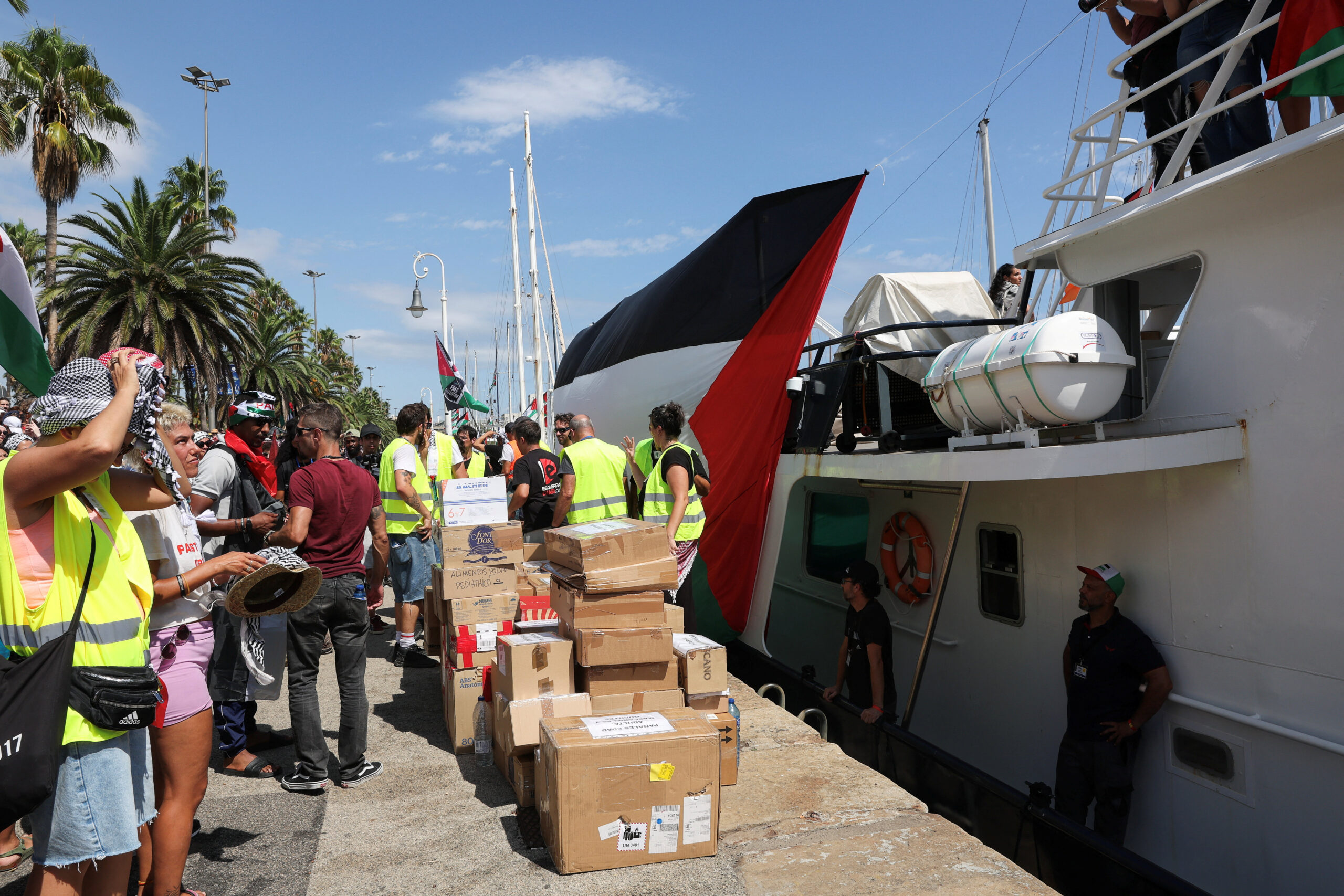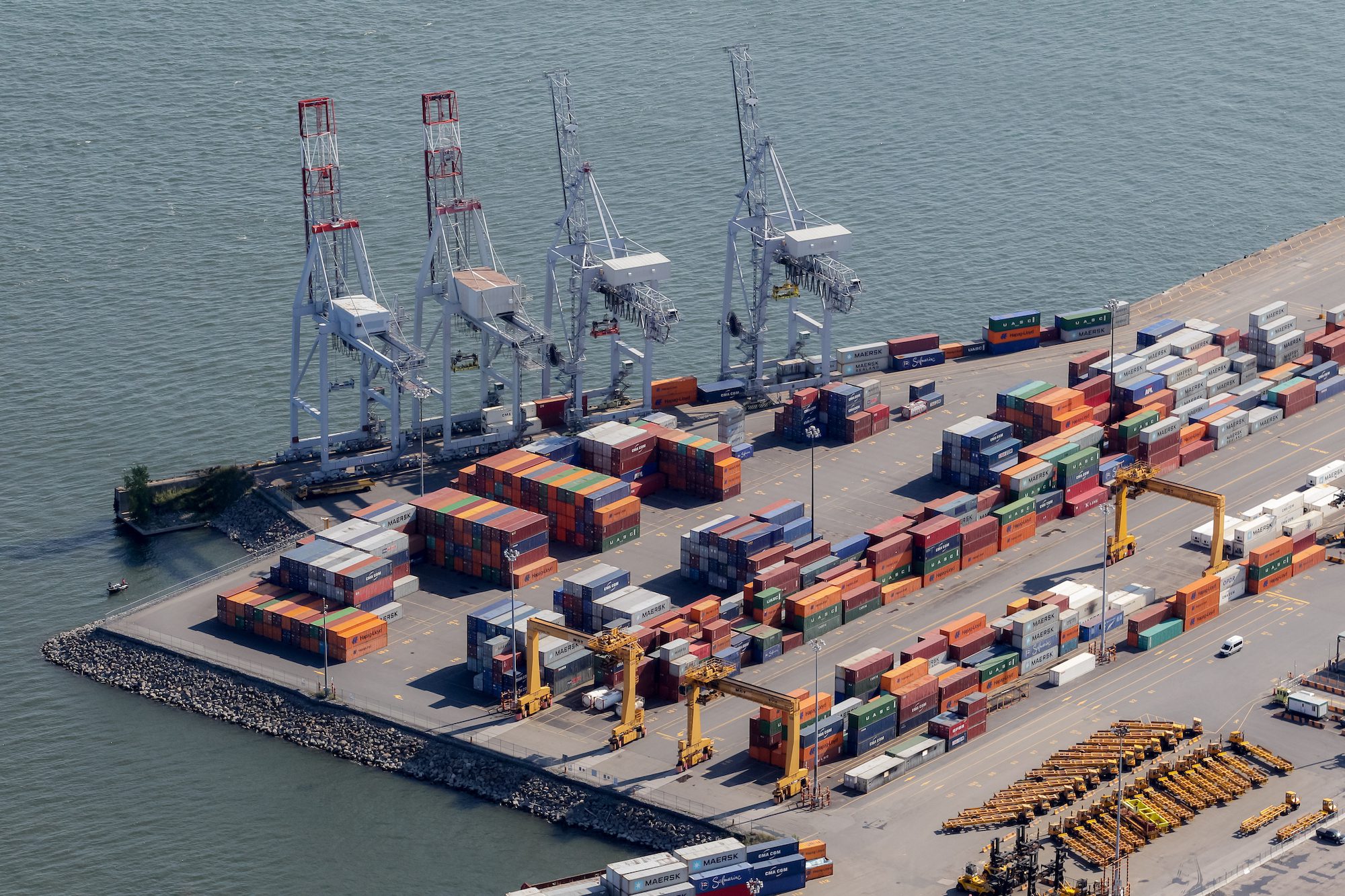
New technology is and will continue to be offered as the answer to many of shipping’s safety and environmental challenges – including training.
At the same time, shipping’s audit trail grows longer it seems with each passing regulation, and the call for relief from the administrative burden on operational staff now reverberating as an industry rallying cry.
The irony is that the technology advanced to meet new rules can lose the efficiency gains promised by suppliers in the accompanying flurry of paperwork at sea and ashore required to demonstrate compliance.
Internal audits are nonetheless a vital component of any type of management system – whether they relate to quality, safety or the environment, and their frequency is likely to grow and not diminish. Another reality – in which shipping is by no means unique – is that internal auditing requires some measure of support and inevitably benefits from the involvement of a dispassionate third-party.
US-based Safety Management Systems (SMS) has provided client-focused consulting services that include audit support to the global maritime, transportation and related industries for two decades. SMS Director Bill Mahoney says that over that time, relationships perhaps conceived in response to safety regulations have blossomed to encompass a range of procedures.
“If we’re involved with the customer through an underwriter, for example, our focus isn’t on investigating claims and providing a forensic accounting,” says Mahoney. “We look at leading indicators and determine the means to make the best use of them. Underwriters see our involvement as a means to assist operators in safeguarding against future losses. We offer pragmatic recommendations and seek to build on what is already functioning well within an organization.
“If the brief is to audit the safety management system in its entirety, we don’t tell operators how to run their business. We let them do that while we help establish the controls and mechanisms to keep everything functioning in a way that leads to performance improvements over time.”
Systematic approach
Typical of an unfolding relationship has been that between SMS and the New York City Department of Transport, initiated soon after the October 2003 Staten Island ferry crash.
“We’ve been contracted by NYCDOT (Staten Island Ferry Division) since 2004 as a partner and trusted advisor to identify and promote beneficial practices and resources in the areas of safety and security,” says Mahoney. “In addition to special assignments that have included assessments, training and research, for example, we are tasked to provide ongoing support for audit and review programs.”
The relationship has brought wide-ranging involvement in DOT projects, which have proved challenging for the consulting company but also educational. It is representative of the partnering approach SMS prefers to bring to all of its customer accounts, Mahoney says, including international accounts.
“From the safety management perspective, a structured approach results in fewer issues with the Flag States and other stakeholders because best practice can be demonstrated. We establish or refine the records that show that our customers have done what they said we would do and we make sure that the arrangements are demonstrable and repeatable.”
Different operators will have different operating cultures, but often the fine tuning focuses on putting verification points at the right place, says Mahoney.
“Often, the safety management systems owners have in place meet some, if not all of the demands set by new regulations. Operators typically have more sensible guidance available in-house than they may realize. We uncover it and bring it into alignment with the current organization and regulatory standards.” In all cases, transparency and openness at the outset are paramount.
With new auditing service providers continuously joining the market, Mahoney’s emphasis of the value of long term relationships is unswerving. “SMS works with operators to identify and magnify the benefits of their existing controls,” he says. “We don’t issue ultimatums. We have a discussion and determine what’s going right and how an operator should capitalize on it in potentially other areas.
“As the experience of our auditors has increases and their relationships with clients deepens, the level of effort required of our customers to prepare, execute and close an audit event reduces appreciably over time. Today, we as a company draw from a larger pool of auditors who are strategically positioned to reduce travel-related expenses to clients, but our oversight remains the same as it always has been – only it’s simplified and provides real-time monitoring during the execution of each audit.”
Different class
SMS was acquired last year by ClassNK, but remains an independent entity. Mahoney says the new parent will support SMS plans to broaden its presence in the international arena. He is also a firm believer that better use of technology can help the auditing process.
Mahoney is at pains to stress that SMS operates as a completely separate business enterprise to ClassNK, by mutual consent. “We will not suggest to anyone that if they use SMS for their consulting work they must use ClassNK for third-party survey and certification services.”
Rather, he looks at the role of SMS within ClassNK “in a holistic way,” following separate acquisitions by the Class Society of NAPA and Helm Operations. “There will be clear benefits for the organization in its entirety if it can offer a range of services that includes standard Class activities, but also the consulting services SMS offers, build software from NAPA and procedural software from Helm Operations,” he says.
“We’ve come to the realization that the potential for technology to simplify the audit process – from planning through to final report writing – is not being fully realized,” he says.
Inland issues
If proof were needed that demand for auditing services will increase, new rules covering inspection, standards, and safety management systems of US towing vessels should seal the deal. Final publication of the U.S. Coast Guard’s ‘Subchapter M’ provisions is now expected in August 2015, covering vessel electrical and machinery requirements, the use and approval of third-party auditors and surveyors, and inspection certification.
The industry has been pushing for mandatory safety management standards for some time, mostly through the efforts if its largest advocacy group, the American Waterways Organization.
SMS has long been in preparation for Subchapter M, while owners will actually have up to nine years to demonstrate full compliance with all of its provisions. The extended timeframe affords Mahoney a further opportunity to take a general view based on long experience of consulting shipping as it heads into uncharted regulatory territory.
“The ISM Code, for example, has proved to be a decent job as a regulation that may be applied to a broad range of operators and vessels. Subchapter M will be very prescriptive by comparison, but this is apparently what the domestic towing industry called for and will soon receive. At the moment we are helping customers to assess their position against the regulations that will come into place.”
However, key operators in the US towing industry have been taking a more progressive approach, and here too SMS has been building its experience, in this case specific to Subchapter M’s expected content.
“We’ve had the extremely good fortune to be tasked by the American River Transportation Company (ARTCo) to assist with retooling its RCP [Rich Content Platform] into a SubM compliant Towing Management System (TMS),” says Mahoney. “ARTCo had the vast majority of towing management system elements in-hand, but we’ve assisted with addressing the minor gaps and aligning all of their formalized controls into a cohesive whole.”
The ‘whole’ has proved to be so cohesive that ARTCo subsequently asked SMS to drop ‘Safety’ from the management system title altogether. “They believed that referencing the ‘S’ word in the title diminishes the fact that a TSMS as called for by SubM incorporates so much more – operationally, technical management, survey, etc.,” says Mahoney.
Following its acquisition by ClassNK, SMS and its new parent have been working through ways to align services geographically to mutual benefit.
“Within the US we are very focused on New Orleans and intend to support operations serving vessels and operators on the Gulf and Mississippi by the close of Q1 2015,” says Mahoney. “We are assessing other ClassNK locations with in the US including Long Beach and New York.”
It is also expected that ClassNK will be involved in growing the role of SMS as a training company with availability of staff for Subchapter M-related duties.
“If a client determines that using both SMS and ClassNK is beneficial for competitive and other business and professional reasons, of course we will not object to that,” Mahoney says.

 Join The Club
Join The Club











